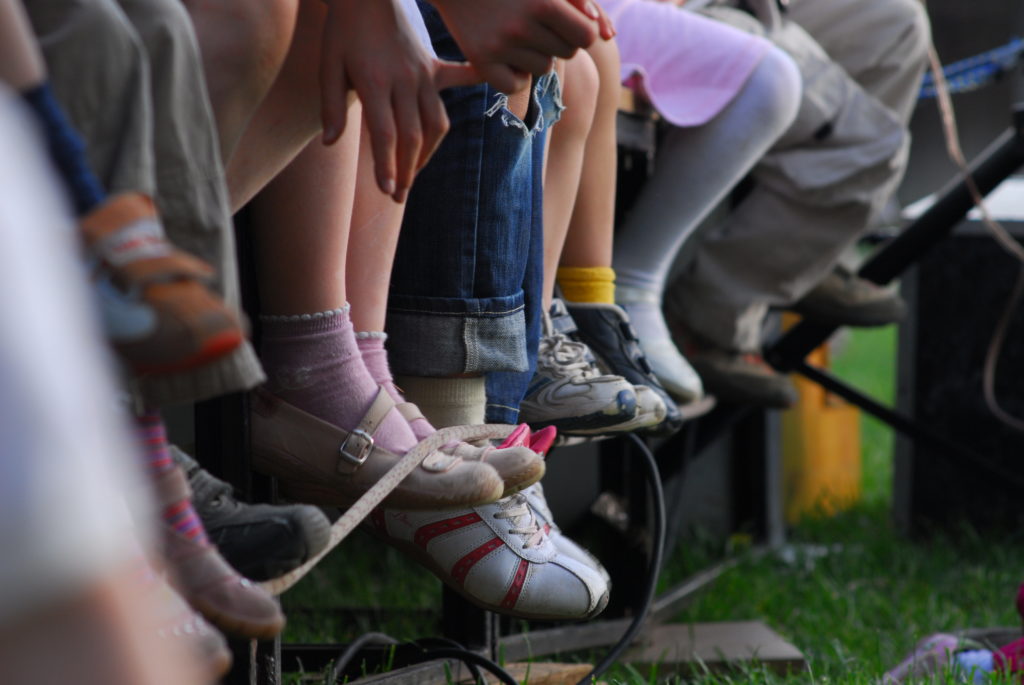I am someone who has had many jobs, and for almost two years, I have been working for a local disability organisation. As someone with cerebral palsy, my working days reflect my personal life on an almost exhausting level.
I had been quietly working from home for six months when I received a call from *Marie. The call wasn’t for herself – she was advocating for her 16-year-old grandson, who was living in the United States. Marie began the call gently. Her nephew has cerebral palsy; he also aspired to become an actor.
“He doesn’t want to work or go to college – he just says he wants to act,” Marie explained, the anxiety trickling through her voice.
To date, Paul* had been in a few school projects – a school play, or a student film that required him to play an older man with a cane. In short, it seemed his peers had handcrafted a series of projects that tapped into the glaring reality of his limitations, while frantically avoiding acknowledgement that these limits existed.
The call was frustrating, the reality was my organisation couldn’t assist someone based in the USA, and that a discussion of support would be met with “refer him to American Organisations.” Another hard-hitting truth was that if this 16-year-old had easy access to someone who could genuinely relate to him, this call wouldn’t need to be made.

Teens and young adults with cerebral palsy don’t have a reflection of themselves to refer to, and the typical response of this is that most of my enquiries come from parents or other family members attempting to advocate for their loved one. Their intentions are sincere; there’s a clear attempt to ensure that their loved one gets some sense of normalcy. A normal social life, a successful career, and some level of independence as they enter adulthood.
The lack of adult representation of people with cerebral palsy infiltrates the social media sites of disability service providers, and the failure to portray adults adapting to their childhood disability feeds a dissatisfaction that is getting attention. Awareness campaigns such as ‘World CP Day’ focus on bland facts that offer a stale perspective on having a disability. Inevitably there is always a statistic around the childhood prevalence of cerebral palsy. Adult members of our community are pleading for the recognition that cerebral palsy follows a person their entire life.
Along with this, people with disabilities experience parallel extremes of career advice, and the advice usually comes from someone who has no direct experience with having a disability. The advice given can be either resoundingly hopeless or naively misleading. People with disabilities rarely experience honest, objective advice about what their future can be, and many are relegated to volunteer work or perpetual study.
The conversation I had with Marie created an incredibly painful nostalgia; I was reminded of all the job interviews in which my intelligence was directly questioned, and the blatant acts of workplace discrimination that I experienced when I was establishing my career.
More than anything, I remembered just how much I underestimated the difficulty of gaining and securing meaningful employment, and how it made me wish that I had a mentor at Paul’s age. A large chunk of our chat was confined to the deep fears Marie had, the helplessness she felt watching, but not understanding what Paul felt.
I realised there was an obligation to give honest advice. The advice being that Paul would need to work despite his aspirations, that if he wanted to mirror his non-disabled peers, he would need to adhere to the same expectations. It is not enough to have an idea of what he would like to be; Paul would need to pay rent; this doesn’t mean putting dreams aside, but rather keeping dreams in the right perspective.
Currently, the most common role models’ people with disabilities are provided have been established by the non-disabled community, and their interpretation of what an ideal person with a disability should be is extremely rigid. We are often portrayed as innocent Disneyesque characters that are forever agreeable and childlike.
The demand for meaningful support in the disabled community is widely unanswered, a sense of camaraderie and networking has failed to establish itself – even in 2020 properly. This failure to provide a social network to such a marginalised minority does a huge disservice as it shuts the door on the possibility that people with disabilities might discover meaningful leadership. It is time for people with disabilities to take control of the wheel.
Natalie Corrigan has worked as a professional writer since 2015, her work has been featured in major publications including Daily Life. When she is not working as a freelance writer, Natalie spends her time working within disability services.
Disclaimer
The blog posts do not necessarily represent the views and opinions of Women with Disabilities Australia (WWDA), and blog posts are contributions made by women, girls or non-binary persons with disability about what leadership means to them. All possible care has been taken in the preparation of the information contained in this document. WWDA disclaims any liability for the accuracy and sufficiency of the information and under no circumstances shall be liable in negligence or otherwise in or arising out of the preparation or supply of any of the information aforesaid.

